Filter staff:
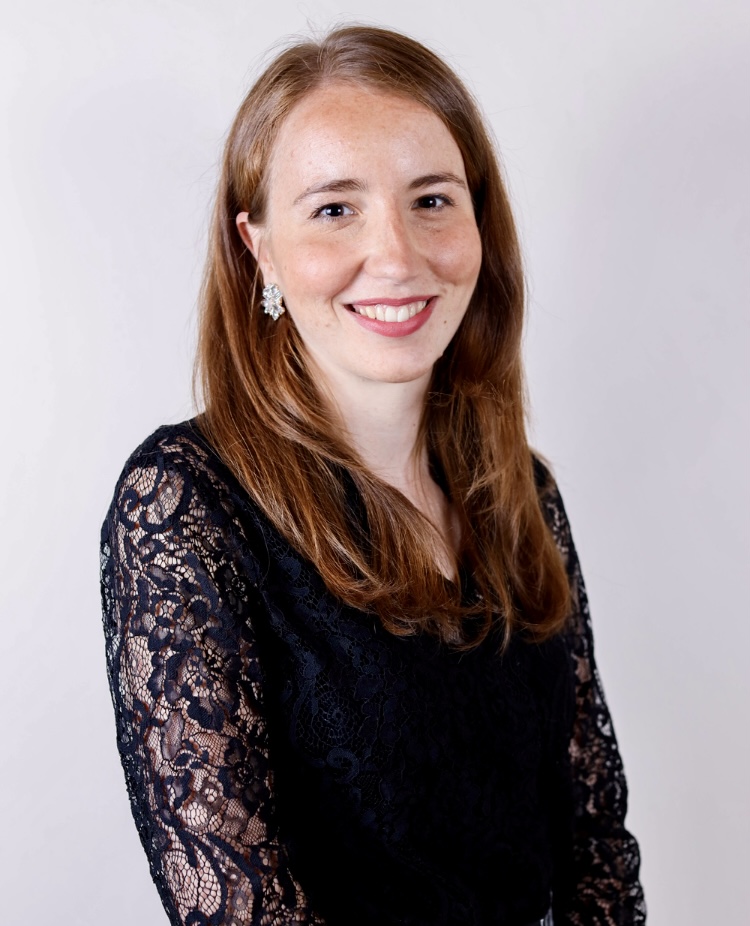
Dr Caterina Milo
Research Associate

Dr Caterina Milo
Research Associate

Dr Elif Çetin
Research Associate

Dr Elif Çetin
Research Associate
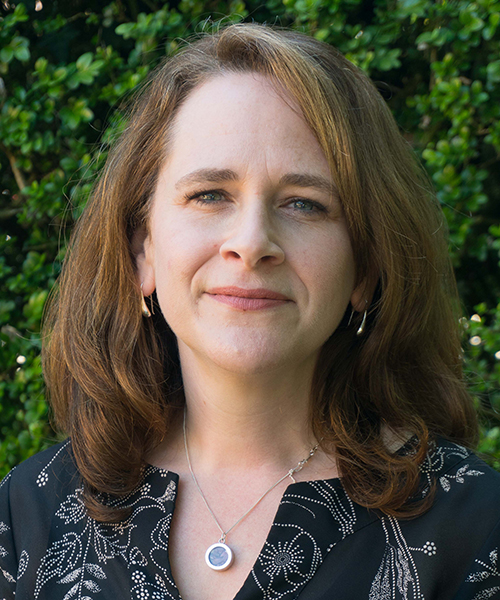
Dr Elizabeth Phillips
Research Associate

Dr Elizabeth Phillips
Research Associate
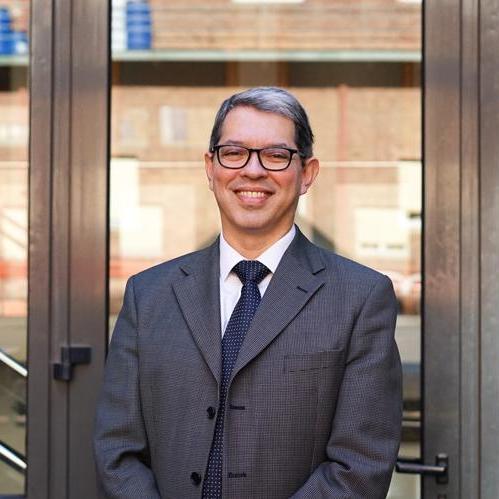
Dr Flavio Comim
Research Associate

Dr Flavio Comim
Research Associate
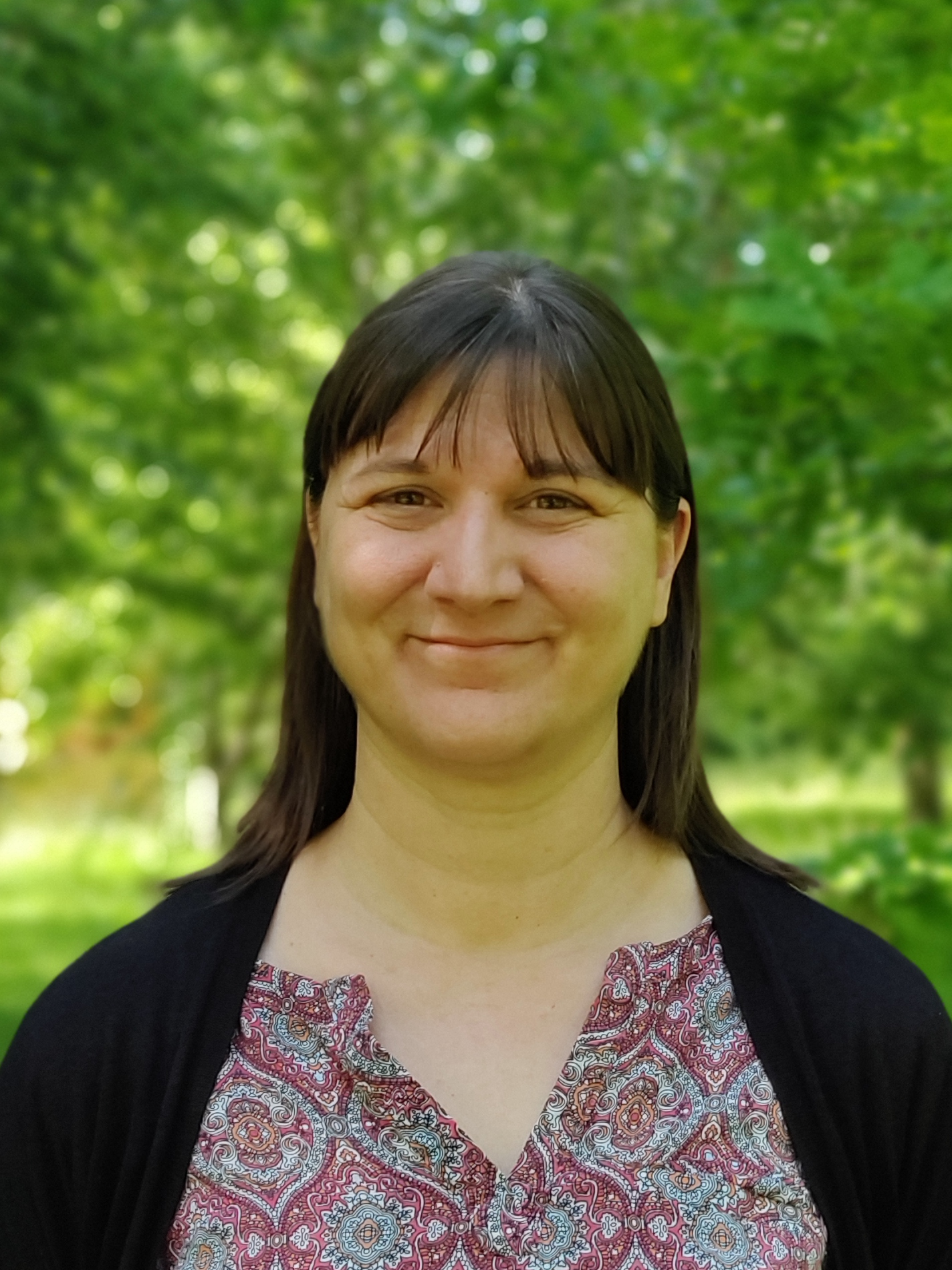
Dr Lidia Ripamonti
Research Associate

Dr Lidia Ripamonti
Research Associate
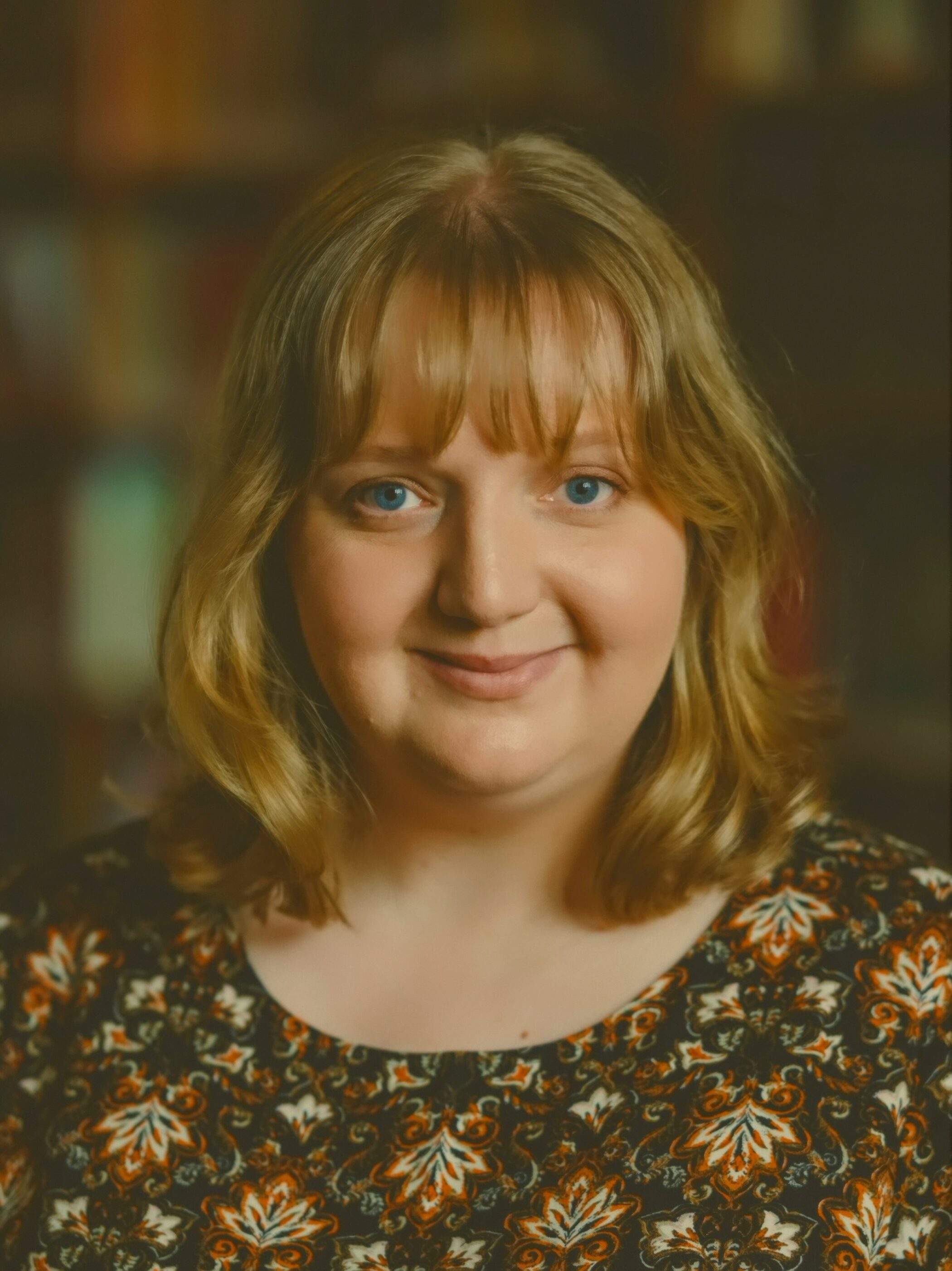
Dr Lucy Peacock
Research Associate

Dr Lucy Peacock
Research Associate
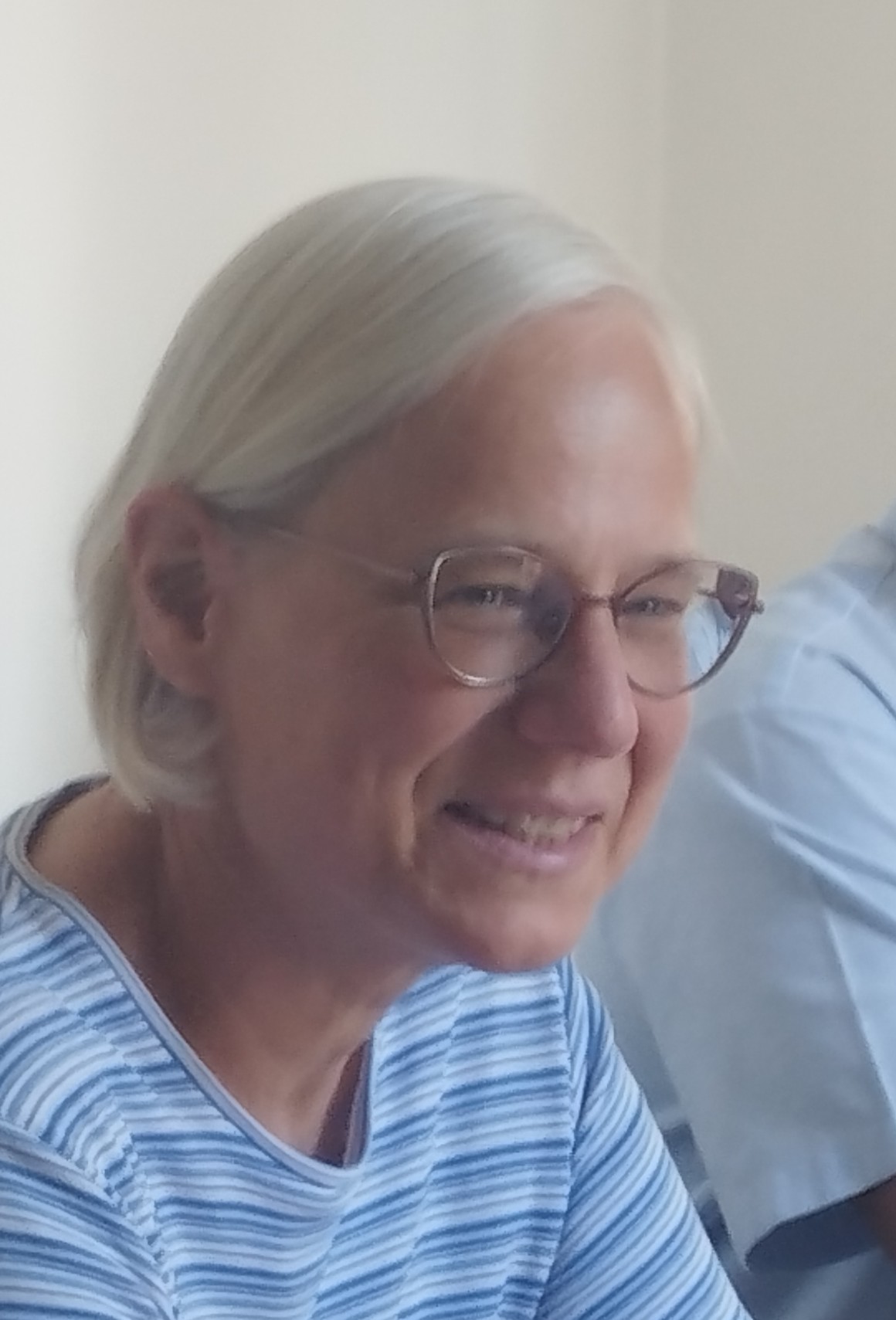
Dr Lydia Jaeger
Research Associate

Dr Lydia Jaeger
Research Associate
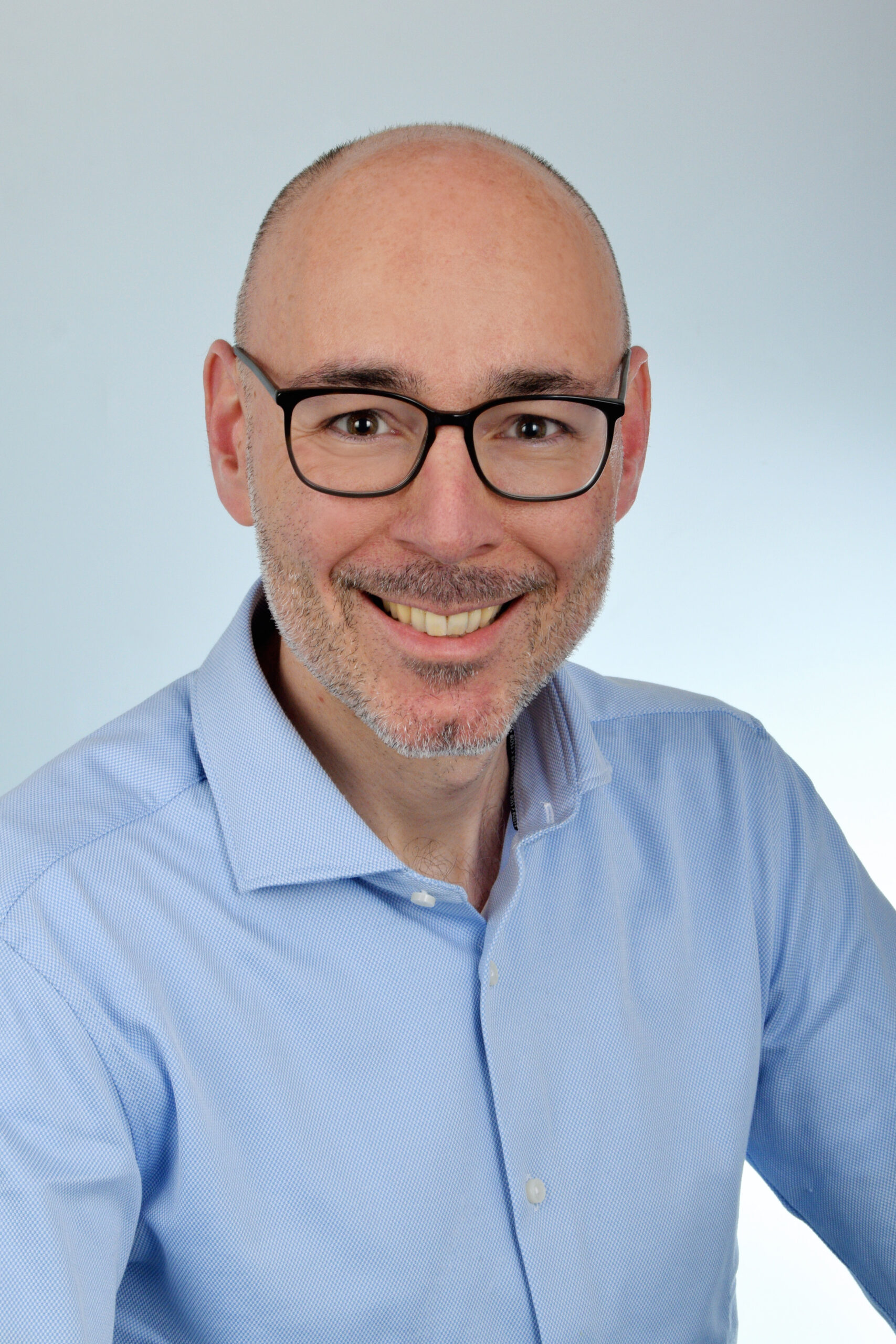
Dr Marc Neugröschel
Research Associate

Dr Marc Neugröschel
Research Associate
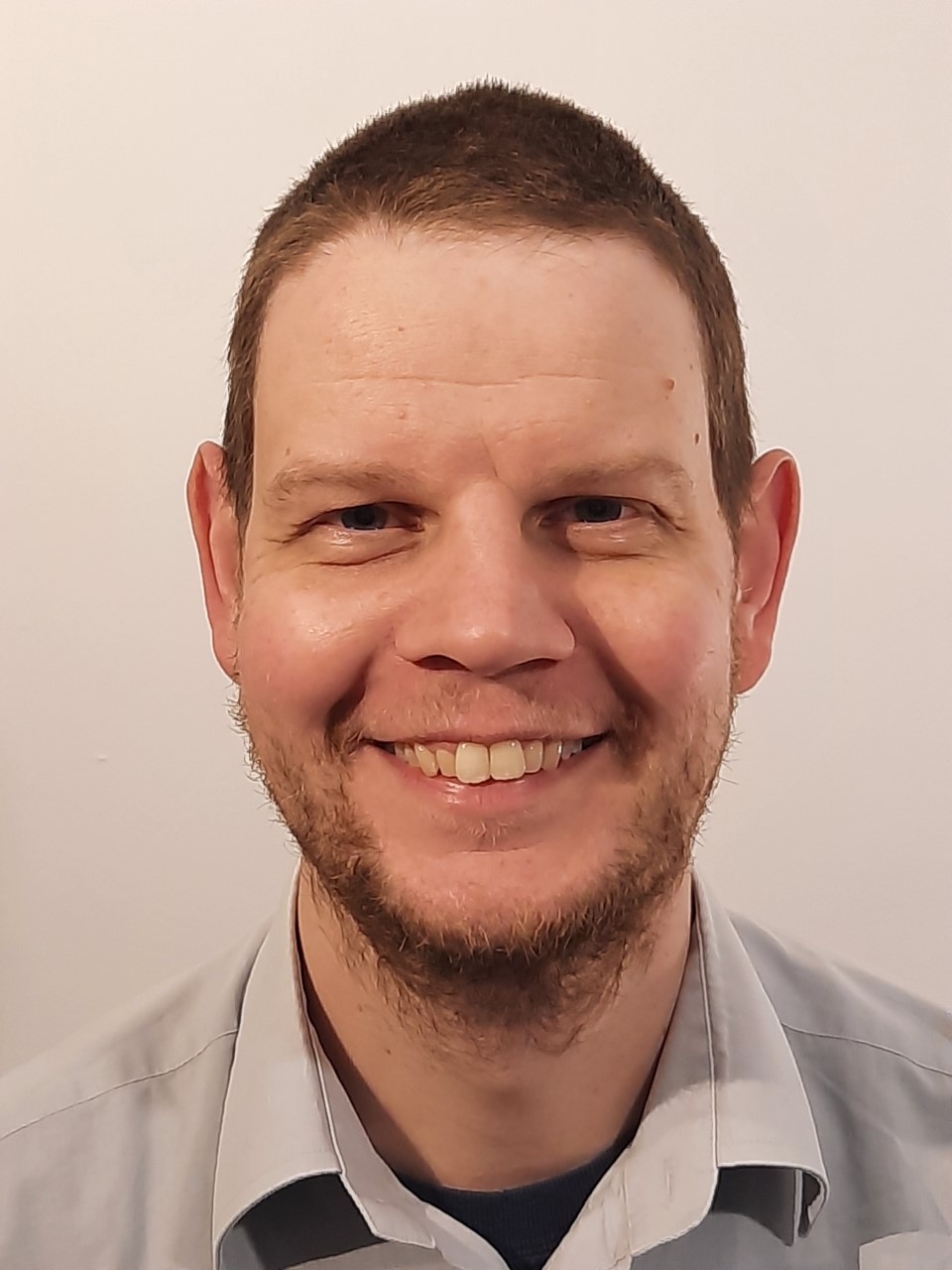
Dr Mike Brownnutt
Research Associate

Dr Mike Brownnutt
Research Associate
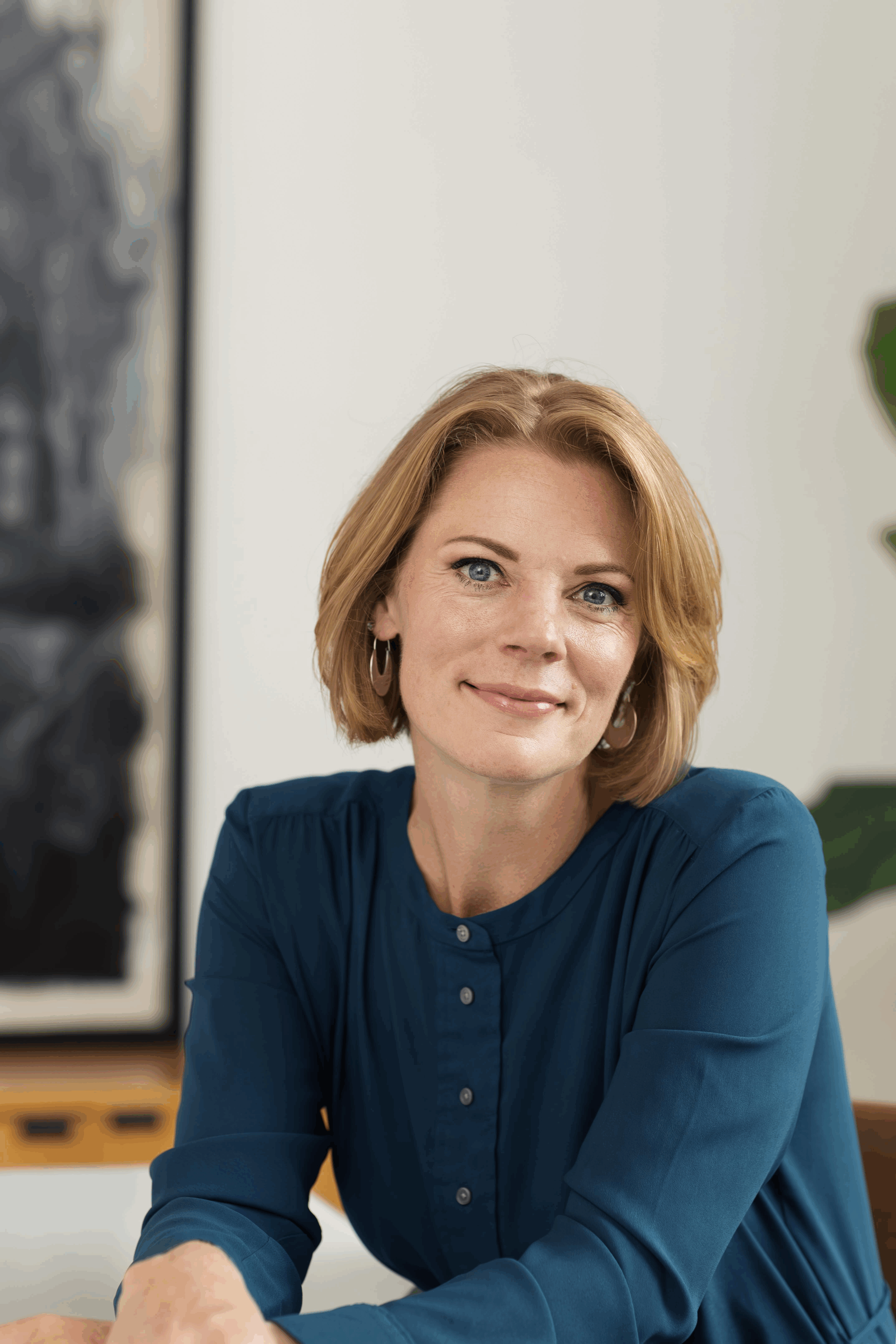
Dr Nancy Michael
Research Associate

Dr Nancy Michael
Research Associate
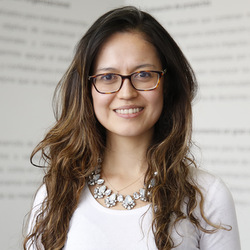
Dr Thana de Campos-Rudinsky
Research Associate

Dr Thana de Campos-Rudinsky
Research Associate
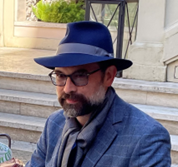
Dr William Simpson
Research Associate

Dr William Simpson
Research Associate
12

